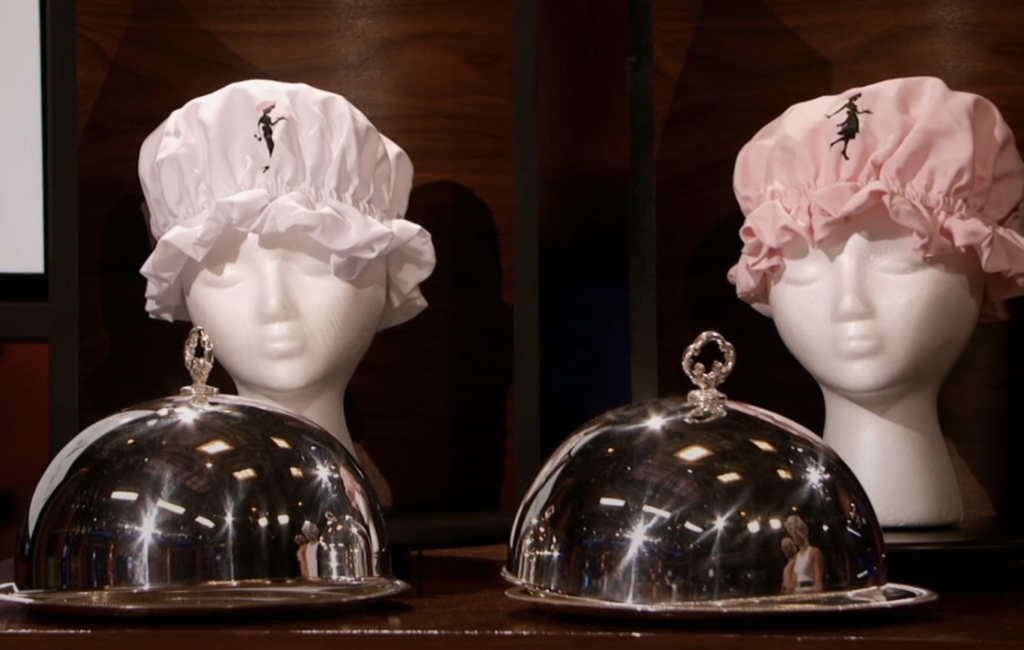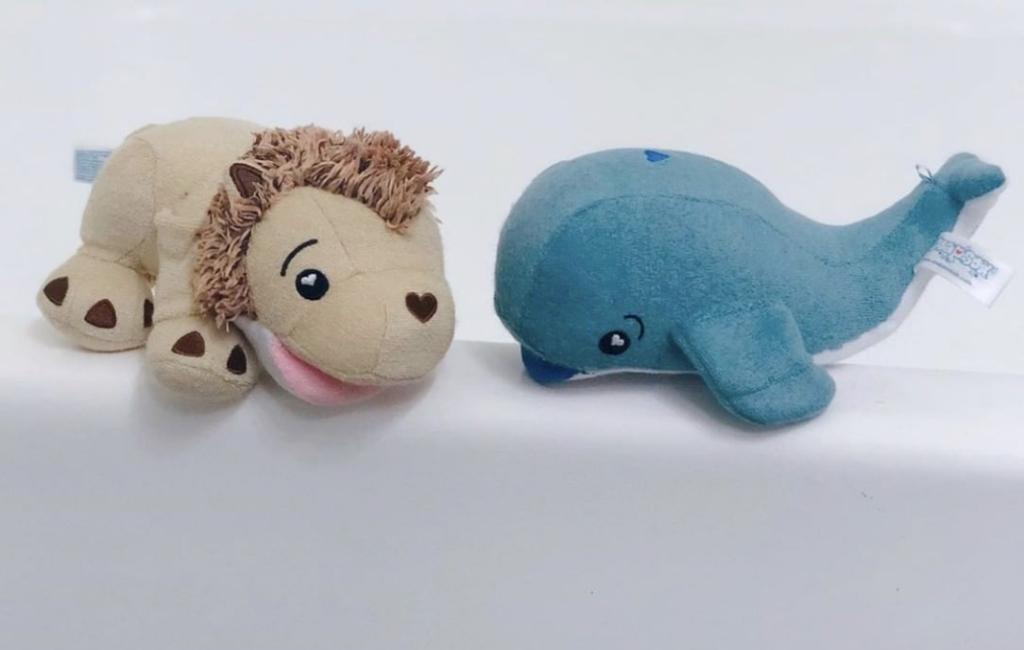Ninja Cards Throwing Game
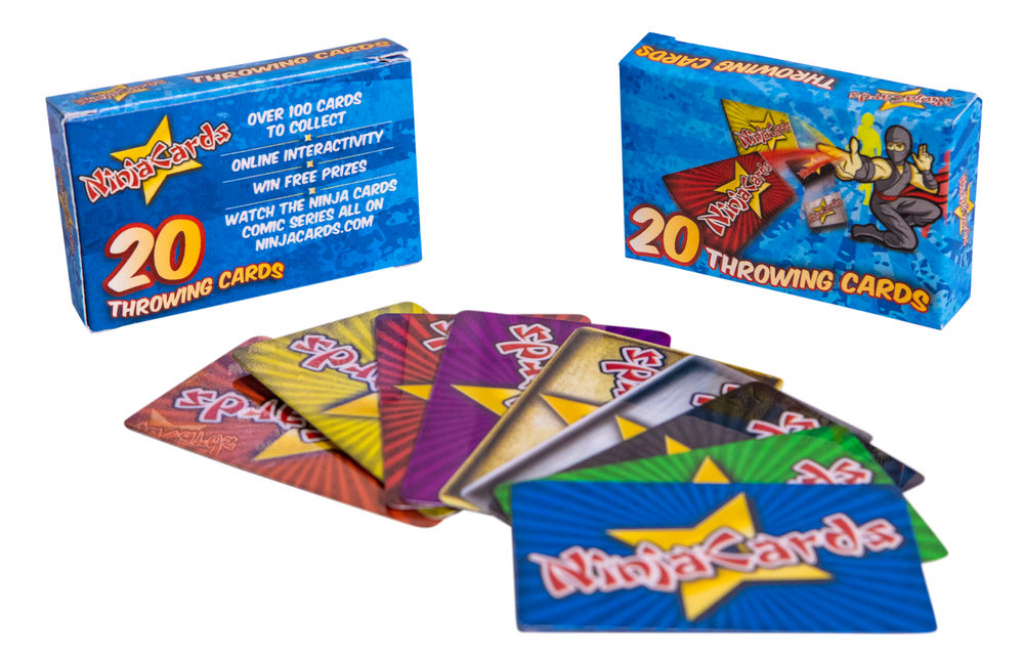
NO DEAL
EPISODE SUMMARY
🕓 Air Date: October 3, 2014
Asking For:
$60,000 for 30%
Investor:
No Deal
Deal:
No Deal
PRODUCT SUMMARY
Ninja Cards, a game combining elements of darts with cards, offering various gameplay possibilities.
WATCH HERE
IN A RUSH?
Click these to jump to the section you want to read.
Background Story
Ninja Cards, the brainchild of Dustin, known as “The Red Dragon,” and Ken, nicknamed “The Butcher,” is a captivating venture that brings the mystique of ninjas to a unique gaming experience. The founders’ journey began with a shared passion for the intriguing world of ninjas. Dustin and Ken, both enthusiasts of ninja lore, drew inspiration from the ninja’s cunning, wisdom, adaptability, and their code of honor. This fascination, dating back to the 15th century, ignited the idea of creating a game that would allow everyone to embrace their inner ninja.
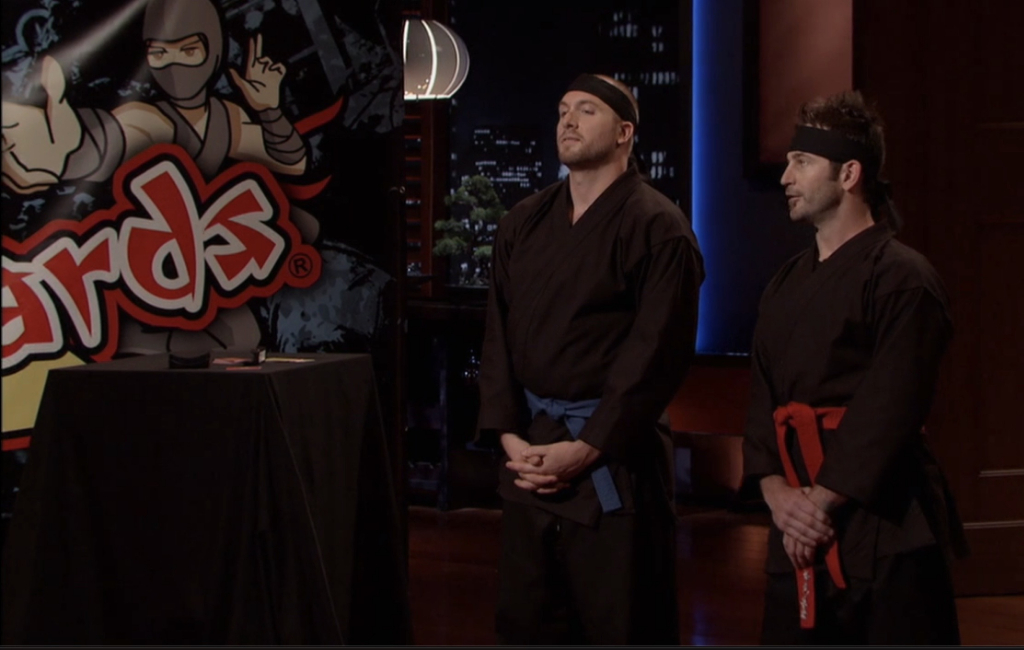
The duo, armed with a background in gaming and likely influenced by their interest in martial arts, conceptualized Ninja Cards as a fusion of darts and cards. Their expertise in techniques like the frisbee throw, tomahawk, and sidewinder became integral in shaping the gameplay of Ninja Cards. With a vision to make the ninja experience accessible to all, they embarked on the entrepreneurial journey. Launched in July 2012, the initial phase saw promising traction, marked by the sale of the first 100 units. However, their path was not without hurdles.
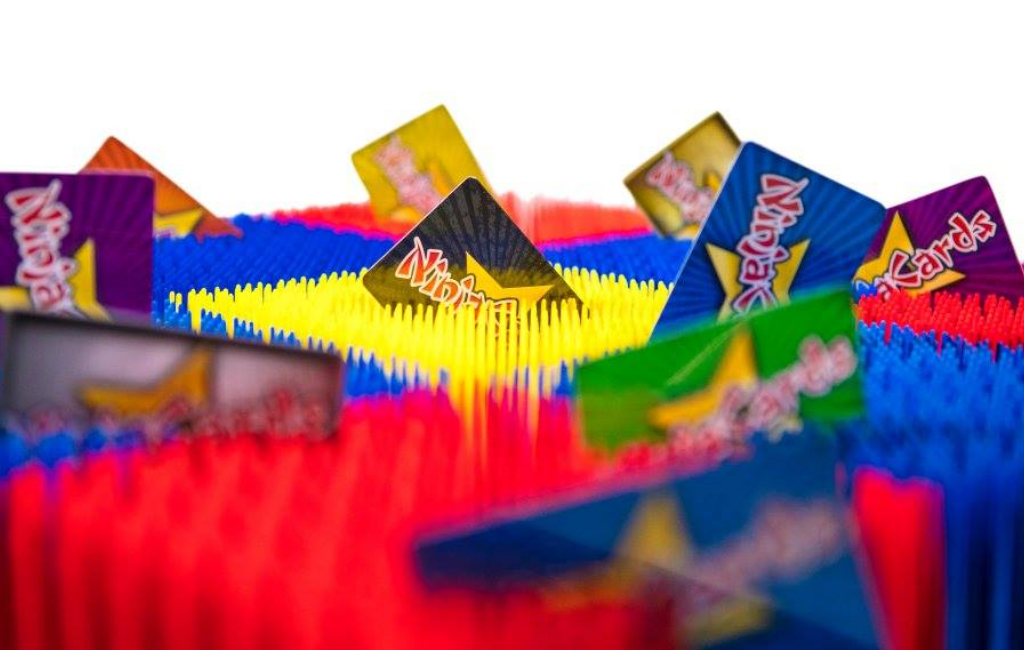
A setback occurred when an exclusive licensing deal, secured within the first hour of the Chicago Toy Fair, faced challenges in sourcing the unique craft foam required for the game. Despite the termination of the agreement and subsequent struggles, the founders managed to regain full ownership of the product in the past year. The journey of Ninja Cards reflects the founders’ commitment to bringing a novel gaming experience to the market, intertwined with the resilience needed to overcome industry challenges and navigate the intricate world of toy manufacturing.
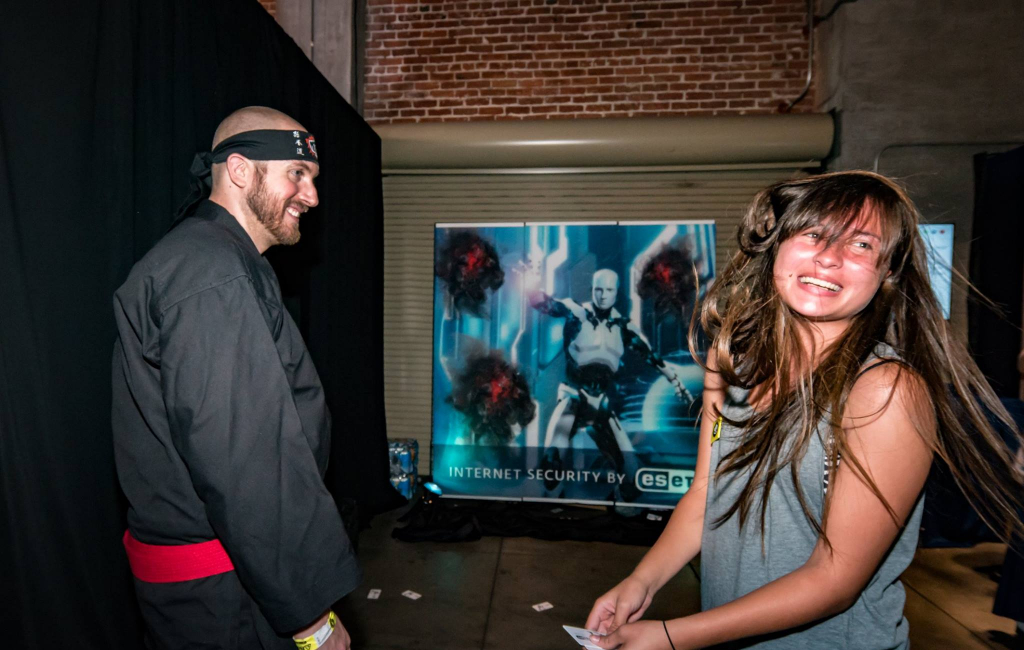
The Product
Ninja Cards, the innovative gaming sensation introduced by Dustin and Ken, offers a dynamic and engaging experience blending the thrill of darts with the strategic depth of cards. The game involves throwing specially crafted foam cards onto a thick styrofoam board, combining skill and precision.
Players can enjoy various game modes, including classic options like “Around the World,” “Horse,” and “21,” or create their own custom games, fostering endless possibilities for entertainment. The game’s unique selling points lie in its simplicity, durability, and the opportunity for players to showcase their ninja-like skills.
The specially designed thick plastic cards contribute to the game’s longevity, ensuring repeated use without wear and tear. The styrofoam board, with designated shark targets, adds an exciting dimension to the gameplay, as demonstrated during the pitch where Sharks competed in a Ninja Card battle.
Ninja Cards is available for purchase in stores, and its packaging includes the distinctive thick styrofoam board. The product’s appeal lies not only in its gameplay but also in its potential for interactive and entertaining experiences suitable for a wide range of audiences.
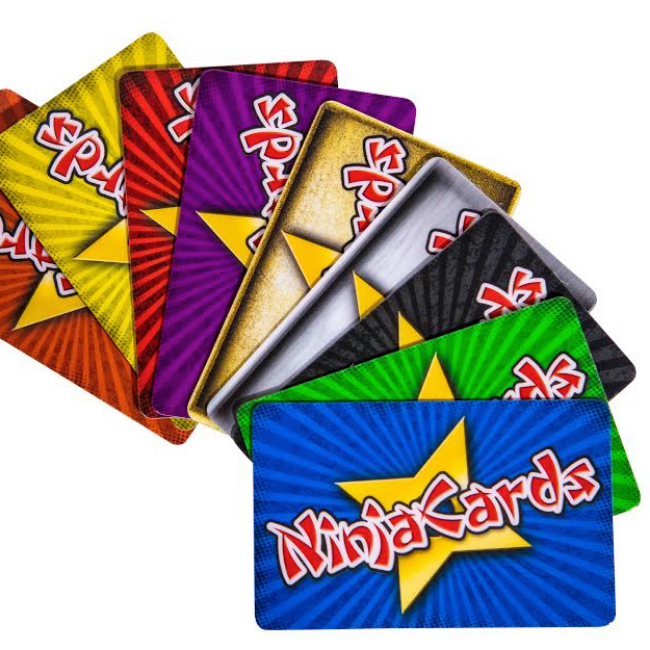
How It Went
The company’s position before Shark Tank
Ninja Cards has showcased a mixed performance since its inception. The initial launch in July 2012 resulted in the sale of the first 100 units, indicating promising early traction. However, the company faced a significant setback with an exclusive licensing agreement that fell through due to challenges in sourcing the specialized craft foam required for the game. As of the latest information, the founders have successfully regained 100% ownership of Ninja Cards after the rights reverted back to them last year.
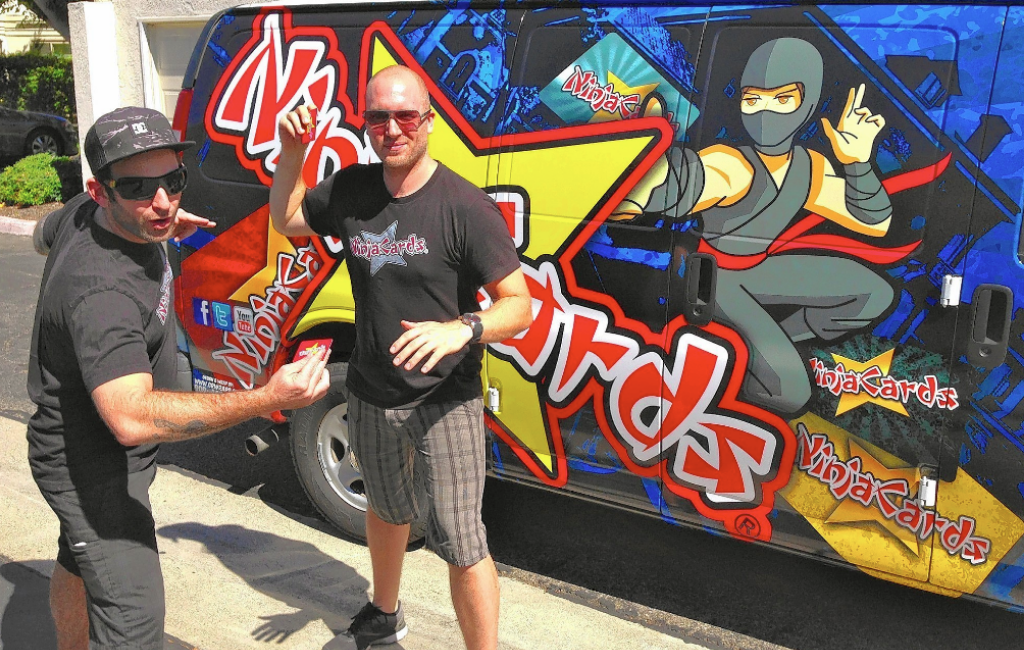
This move provided them with the autonomy to steer the company’s direction independently. Despite the setback, the founders demonstrated resilience by actively seeking opportunities to enhance the product’s market presence. The founders expressed the need for a Shark’s assistance to cut out the middleman, indicating potential challenges in their distribution network. The lack of explicit details on profits and losses makes it challenging to assess the financial health of the company.
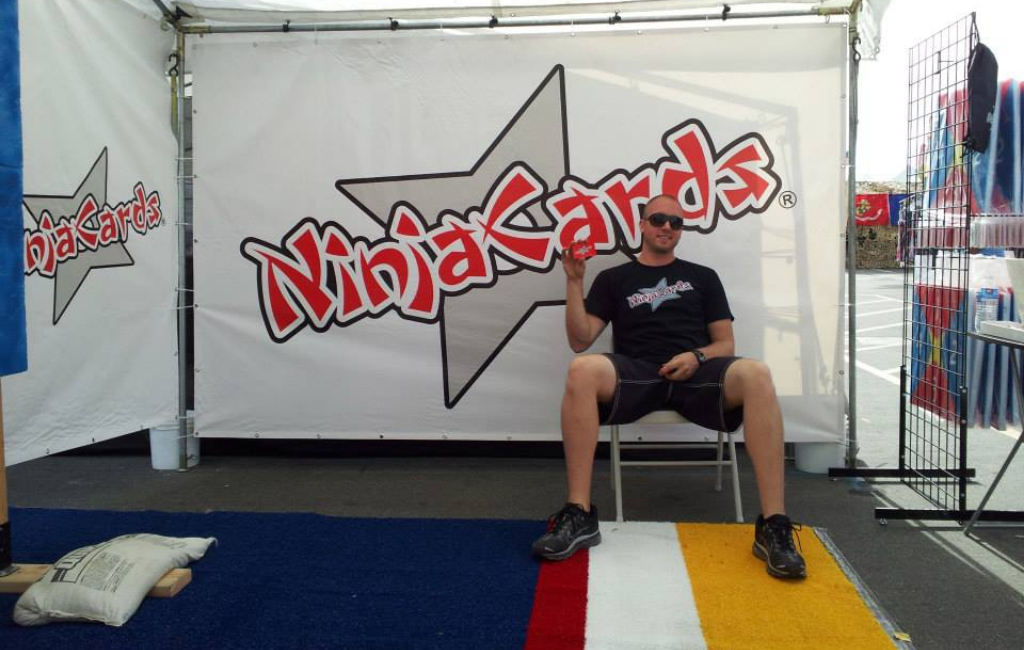
The founders acknowledged that their sales performance was not optimal, attributing it to the exclusive licensing agreement. In terms of funding, the founders sought $60,000 in exchange for a 30% equity stake during their Shark Tank pitch, suggesting they were actively looking for external investment to support their growth. The available capital and the current structure of the company remain undisclosed, leaving room for further exploration into the financial and organizational aspects of Ninja Cards. The founders’ commitment to regaining control of their product indicates a determination to overcome challenges and revitalize the company’s position in the market.
The Negotiations:
The negotiations for Ninja Cards in the Shark Tank were lively, with Dustin and Ken seeking a $60,000 investment in exchange for a 30% equity stake in their company. The pitch showcased the unique gameplay and features of Ninja Cards, emphasizing its potential in the toy industry. While the Sharks expressed genuine interest in the product, concerns arose during the negotiation. The founders revealed that they had sold 100 units initially but faced a setback with an exclusive licensing agreement that ended after a year.

The Sharks, particularly Kevin O’Leary, criticized the founders for their perceived lack of hustle and proactiveness in the industry. Despite the Sharks’ appreciation for the game’s concept, they were hesitant to invest due to doubts about the founders’ ability to navigate challenges effectively. Mark Cuban raised questions about the founders’ failure to make contact with other toy companies or explore alternative licensing deals after the initial setback. In the end, none of the Sharks made an offer. Mark Cuban, Lori Greiner, Kevin O’Leary, and Robert Herjavec all expressed concerns about the founders’ approach and their readiness to tackle industry challenges.
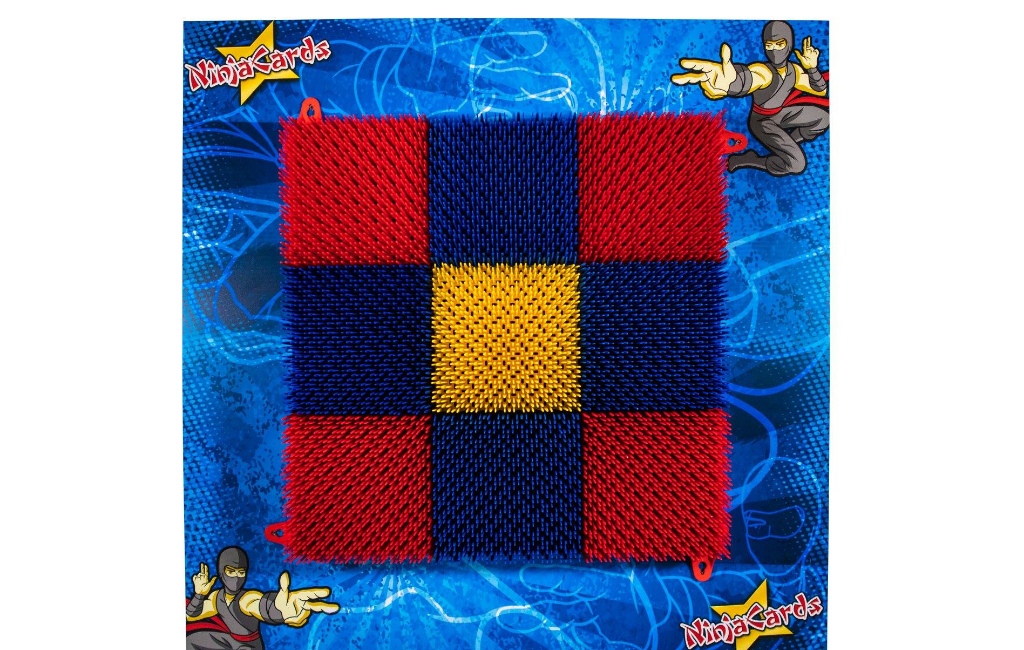
Mr. Wonderful, Kevin O’Leary, even humorously suggested a ninja-inspired task for the founders before declaring himself out. The negotiation showcased the Sharks’ skepticism about the founders’ business acumen and their reluctance to invest without a clear demonstration of hustle and strategic thinking. Despite the setback, the founders remained optimistic about taking Ninja Cards to the next level, even without the support of the Sharks.






